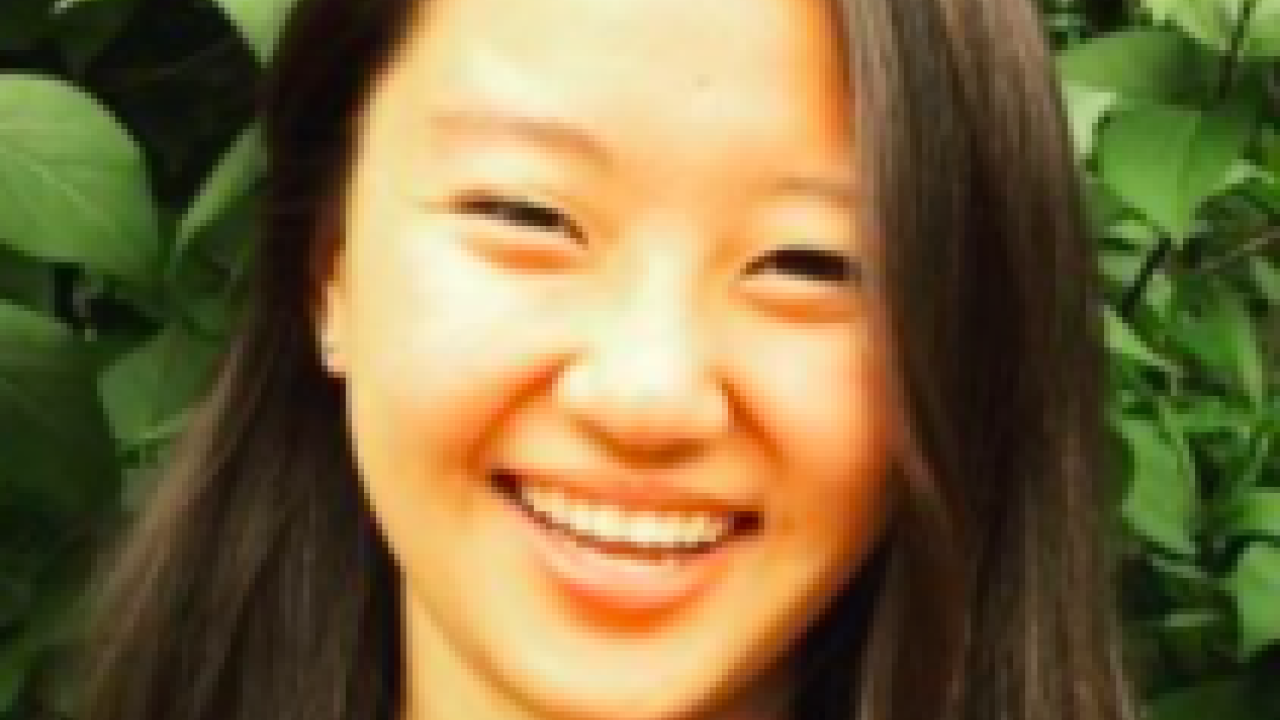
Dr. Rebecca Zhu’s talk “ Learning about, and from, language and pictures”
Interviewing Dr. Rebecca Zhu, Postdoctoral Fellow
Introduction
Dr. Rebecca Zhu is a postdoctoral fellow at Stanford University, working with Dr. Mike Frank at the Language & Cognition Lab. Dr. Zhu holds a PhD from UC Berkeley, working with Dr. Alison Gopnik. In addition, she worked with Dr. Gopnik as a postdoctoral fellow. She also worked as a lab manager at Harvard University, working with Dr. Susan Carey.
Interview
1. What inspired you to pursue research in language acquisition and symbolic representation with infants and children?
I took a lot of poetry classes as an undergraduate, and my initial curiosity about non-literal language was largely driven by a desire to better understand some of my favorite lines from literature. When I started thinking from a cognitive science perspective, I noticed that various kinds of non-literal language, such as metaphors and metonyms, frequently don’t fit into standard theories of how humans understand and produce language. This got me wondering: how do young children come to understand metaphors? And moreover, what’s the “point” of non-literal language? If metaphors are so hard to understand, why do we use them, instead of simply saying what we mean?
2. In your talk “ Learning about, and from, language and pictures”, you presented about your current research with non-Western societies in examining symbolic representation with children. You also demonstrated the importance of collaborating with other researchers as this provides the field with a more in depth understanding of children’s development. Could you expand on this project and the role your collaborators have?
I’m extremely lucky to conduct cross-cultural research in Kenya alongside a group of smart, talented, kind, and funny collaborators based in Nairobi and Kisumu. In particular, Tabitha Nduku (Senior Education Specialist, RTI International Nairobi) is a joy to work with. We recently designed a vocabulary task for preschoolers in Mombasa and Berkeley, and Taby’s insights - not only as a highly-skilled researcher, but also as a mom to a brilliant five-year-old boy growing up in Nairobi - were so valuable. In general, I think many researchers and funders are excited by the prospect of greater capacity-building in global contexts, since local communities play such an important, necessary role in creating high-quality cross-cultural research.
3. What other research projects are you involved in?
At Stanford, I’m working with Dr. Mike Frank and an incredible team of researchers and engineers on the Learning Variability Network Exchange (LEVANTE). The goal is to create a legal, ethical, and technical framework, so that participating research teams around the world can collect data from children ages 2-12 on a shared set of measurements. This data will be stored in a repository designed for open sharing and re-use, creating a unique resource for the study of variation in human development. It’s exciting to work on such a large-scale, open, cross-cultural project. In the coming years, the project will hopefully provide opportunities for researchers from around the world to come together and share their unique insights on child development.
4. What advice do you have for students interested in pursuing a career in academia (e.g. PhD in Psychology)?
Progress is non-linear! Your time and energy are valuable - be generous with it when you can, but also protect it when you need to. Also, going to therapy (with a good therapist) will make it much easier to navigate all the oddities and uncertainties of graduate school.
